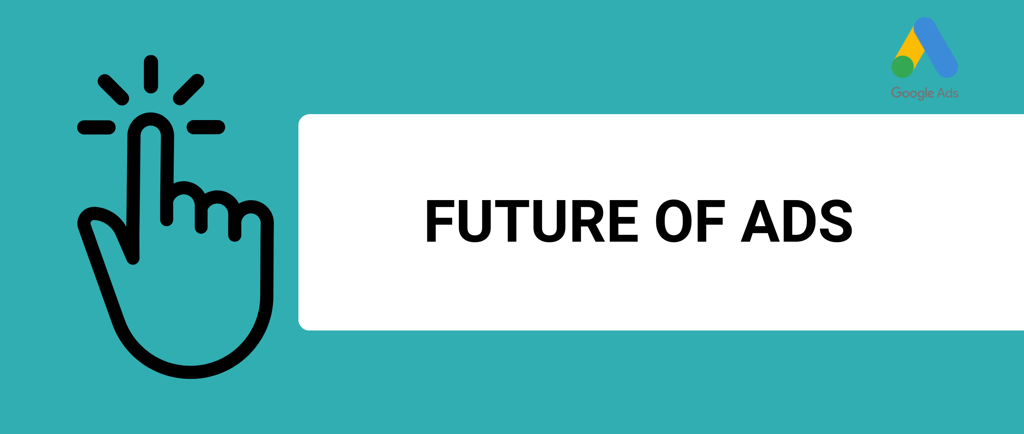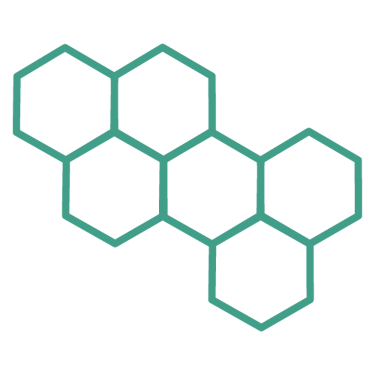The Future of Google Ads: AI, Campaign Innovations, and Essential Digital Skills
Explore the future of Google Ads—AI, new campaigns, and essential skills like SEO. Master PPC now to thrive as e-commerce and digital noise grow.
TRENDS & INSIGHTS
10/27/20245 min read


The digital advertising landscape is evolving rapidly, with Google Ads remaining a pivotal tool for businesses aiming to reach specific audiences and drive results. As AI reshapes how ads are targeted and campaigns managed, Google Ads is expanding with new campaign types like Demand Generation and Performance Max.
At the same time, a focus on becoming T-shaped digital specialists—marketers skilled in multiple areas—is helping professionals stay competitive in this dynamic space.
Supported by data showing e-commerce's projected growth by $2.4 trillion by 2026, now is an opportune time to deepen your PPC skills to meet increasing market demands and help clients succeed in a competitive online environment.
The Rise of AI in Google Ads
AI-Driven Targeting
AI is transforming targeting within Google Ads, allowing advertisers to reach more relevant audiences with greater precision. With machine learning, AI can analyze users' behaviors and patterns to show ads to people most likely to engage, converting clicks into measurable actions. As a result, AI-driven targeting significantly improves ROI by refining how and to whom ads are served.
Automation in Campaigns
Google’s automation capabilities are streamlining the ad creation and bidding processes. AI-powered tools handle everything from ad placements to budget optimization, freeing advertisers to focus on strategy rather than manual adjustments. By using tools like Smart Bidding, advertisers can take advantage of real-time bid adjustments based on data signals, increasing efficiency and effectiveness.
Predictive Analytics
Predictive analytics—another benefit of AI—enables advertisers to foresee trends and optimize for future results. Google’s machine learning algorithms analyze past performance and user behavior to predict which ad formats, keywords, and bids will yield the best results. This anticipatory approach is vital for staying ahead in a fast-changing digital marketplace.
Demand Generation & Performance Max Campaigns
Demand Generation Campaigns
Demand Generation Campaigns are Google’s response to the need for high-quality leads and prospecting. These campaigns work across Google’s properties, including YouTube, Discover, and Gmail, making it easier to connect with users who have demonstrated an interest in products or services similar to those advertised. By focusing on capturing demand before the direct search, this campaign type allows businesses to nurture leads effectively.
Performance Max Campaigns
Performance Max campaigns take a multichannel approach, uniting all Google properties under one campaign. They simplify ad management and optimize placements by harnessing Google’s AI capabilities to allocate budget across channels based on performance data. This unified strategy maximizes reach while simplifying campaign management, aligning perfectly with the demands of businesses targeting diverse audiences.
Why They Matter
The flexibility and efficiency of Demand Generation and Performance Max campaigns are invaluable as businesses strive to connect with potential customers at multiple points along their journey. These campaigns help marketers reach users before they actively search, ensuring the business remains top-of-mind.
Becoming a T-Shaped Digital Marketing Specialist
The T-Shaped Model
The T-shaped marketer model is becoming increasingly important in the world of PPC. It refers to having deep knowledge in one area (like Google Ads) while maintaining a breadth of skills across other digital marketing areas. This approach enables specialists to create more holistic marketing campaigns that incorporate elements like SEO, content marketing, and social media.
Benefits for PPC Professionals
For PPC professionals, a T-shaped skill set allows for a deeper understanding of how Google Ads can complement other marketing efforts. For example, knowing SEO principles can help improve landing page quality, enhancing ad relevance and Quality Score in Google Ads. By mastering additional skills, Google Ads specialists can become versatile assets capable of adapting to shifting digital marketing trends.
Complementary Skills: SEO and Meta Ads with Google Ads
SEO & Google Ads Synergy
SEO and Google Ads, when used together, create a powerful strategy for increasing online visibility. While Google Ads provides quick results with paid ads, SEO contributes long-term benefits by improving organic search rankings. Understanding SEO allows PPC specialists to optimize their ads with relevant keywords and landing page content, ultimately lowering costs and improving ad performance.
Meta Ads Integration
Combining Meta (Facebook/Instagram) Ads with Google Ads can broaden reach, giving brands access to a more diverse audience. While Google Ads targets users actively searching for solutions, Meta Ads captures interest through browsing and discovery. By integrating these platforms, advertisers can create a full-funnel approach, nurturing audiences from awareness to conversion.
Other Channels
In addition to SEO and Meta Ads, platforms like LinkedIn Ads and YouTube can be valuable complements to Google Ads. LinkedIn offers precise targeting for B2B audiences, while YouTube engages users with video content. Understanding these platforms empowers Google Ads specialists to create well-rounded campaigns that adapt to different user behaviors and preferences.
Case for Broader Digital Knowledge: The “Business Client” Model
Importance of Multi-Platform Knowledge
As Google Ads evolves, having knowledge across multiple platforms is essential. Advertisers who understand Google Ads in conjunction with other digital tools can tailor more comprehensive, client-centric strategies. This broad expertise positions advertisers as strategic business partners, providing value that extends beyond simple ad management.
Building Client-Centric Strategies
By leveraging Google Ads alongside platforms like Meta, LinkedIn, and SEO, specialists can help clients meet their unique business goals. This “business client” model emphasizes creating campaigns that resonate with target audiences, ultimately leading to higher conversions and a stronger brand presence.
The Growing Dependence on Paid Search Amid Digital Noise
Evolving Market Landscape
In today’s saturated online market, paid search plays a crucial role in helping businesses reach their customers. Paid search ads stand out amidst the vast amount of digital content, ensuring that brands can attract customers despite fierce competition.
Digital Noise Challenges
As more brands move online, it becomes increasingly difficult to stand out. Paid ads cut through the digital noise, targeting users when they’re most likely to engage. This reliance on paid search is expected to continue as businesses seek effective ways to capture user attention in a noisy digital environment.
Adapting to Customer Expectations
Today’s customers expect fast, relevant results. Google Ads provides an opportunity for brands to deliver information and solutions immediately, meeting the demand for instant results and capturing the attention of high-intent users.
Key Takeaways from WARC’s Findings: The Time to Refine PPC Skills is Now
E-Commerce Growth as a Driver
WARC’s projection of a $2.4 trillion increase in e-commerce sales by 2026 highlights the importance of paid search in capturing digital shoppers. This growth underscores the need for businesses to have a strong digital presence, leveraging platforms like Google Ads to engage e-commerce customers effectively.
The Urgency of Skill Development
With digital ad reliance only increasing, now is the time for PPC specialists to sharpen their skills. Staying current on AI advancements, mastering new campaign types, and understanding multi-platform strategies will be crucial for thriving in the evolving digital landscape.
Preparing for Future Trends
As the digital marketing world continues to evolve, the ability to adapt to new technologies and platforms will set successful PPC specialists apart. Staying proactive in skill development will ensure readiness for the future of Google Ads and digital advertising at large.
Conclusion
As we look ahead, the future of Google Ads will be shaped by AI advancements, innovative campaign types, and a multidisciplinary approach to digital marketing. For professionals in the PPC field, building a diverse skill set and becoming T-shaped specialists will be crucial.
As the paid search grows increasingly important in the face of digital noise and rising e-commerce, now is the ideal time to refine your Google Ads skills. Embracing these trends will position you as a valuable asset, capable of navigating and excelling in an ever-evolving digital marketplace.
CONTACTS
incomewithdigitalmarketing@gmail.com
BOOK WITH US
SERVICES
Google Ads Assisstance
Google Analytics Setup
Google My Business Management
